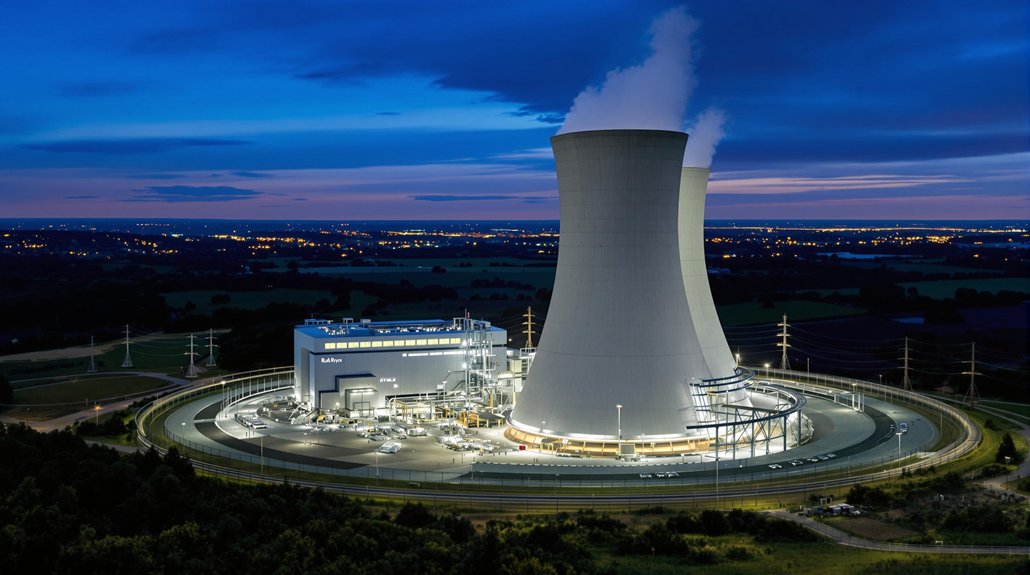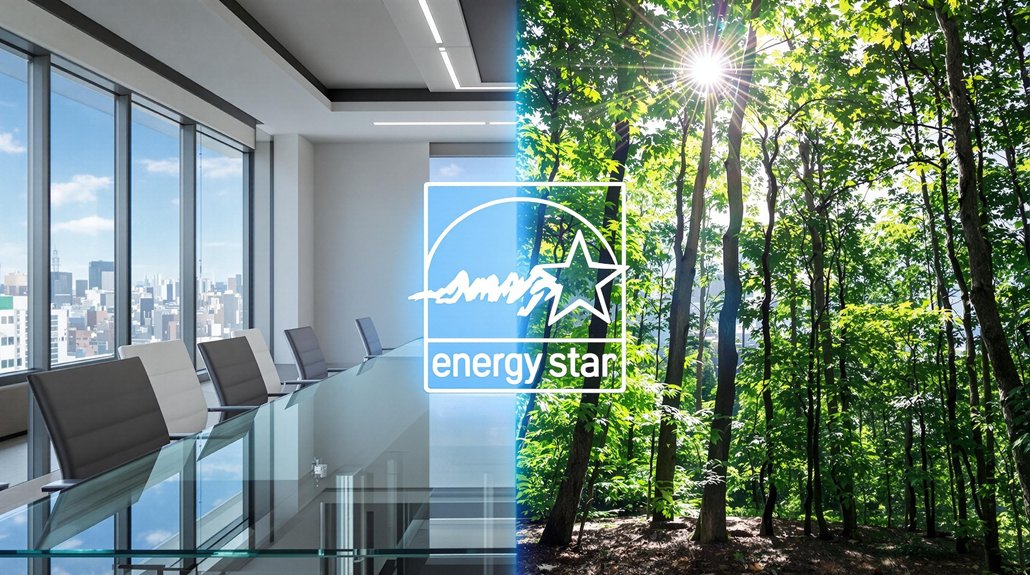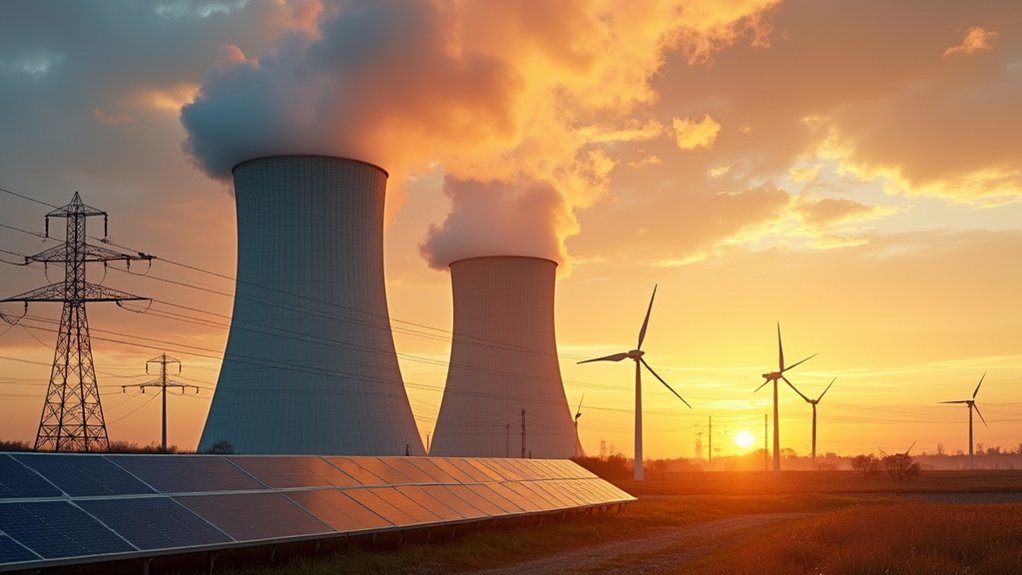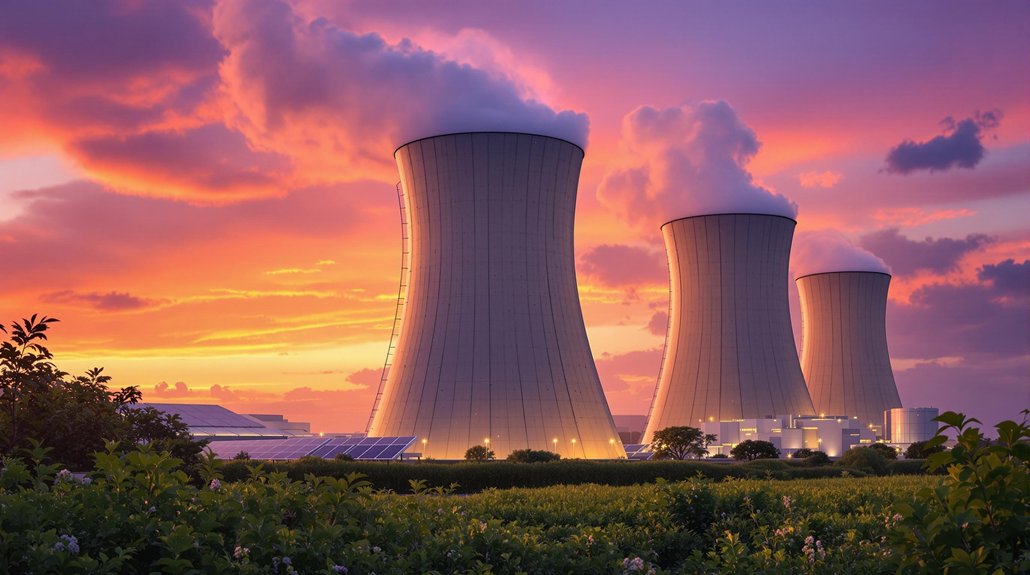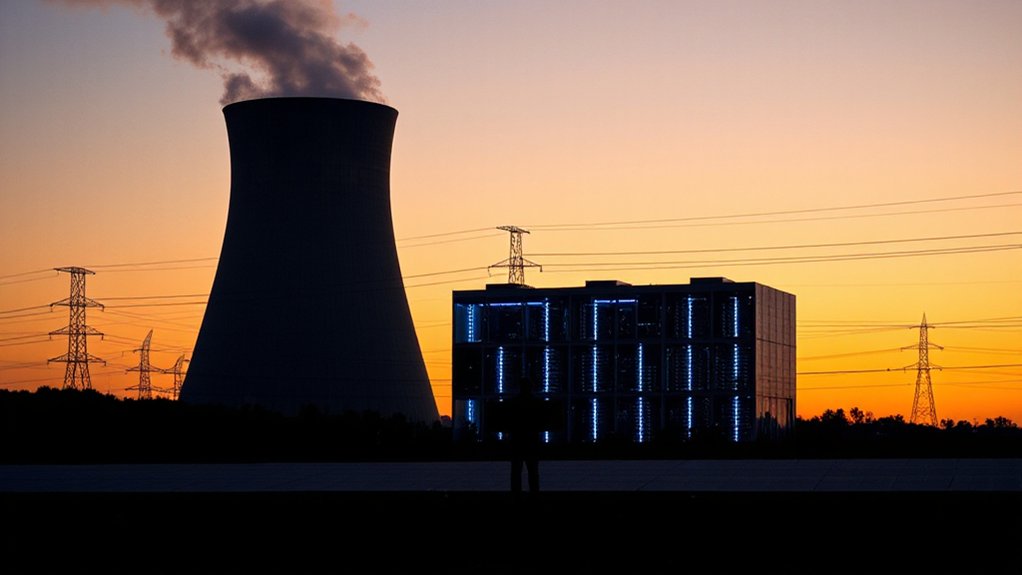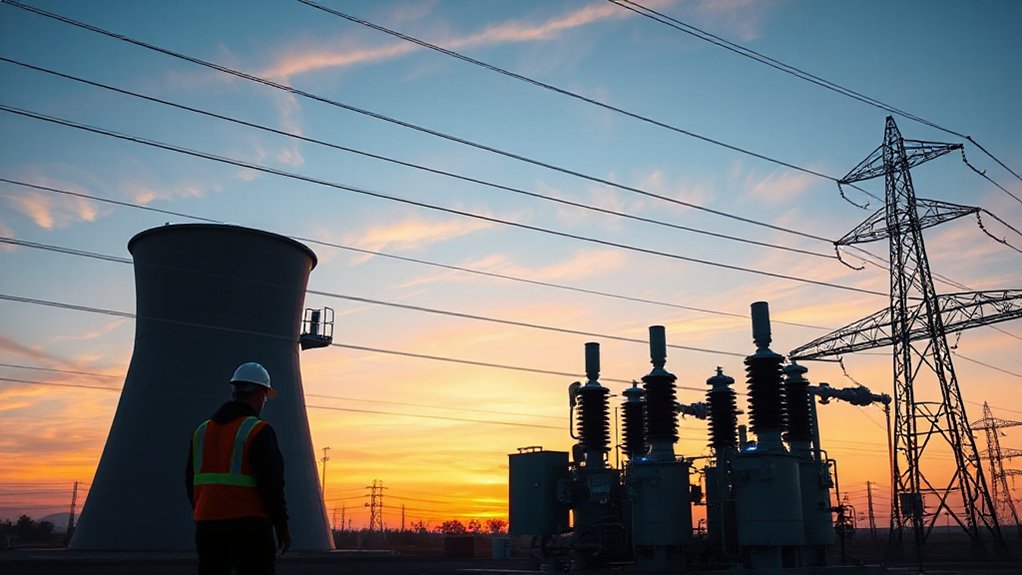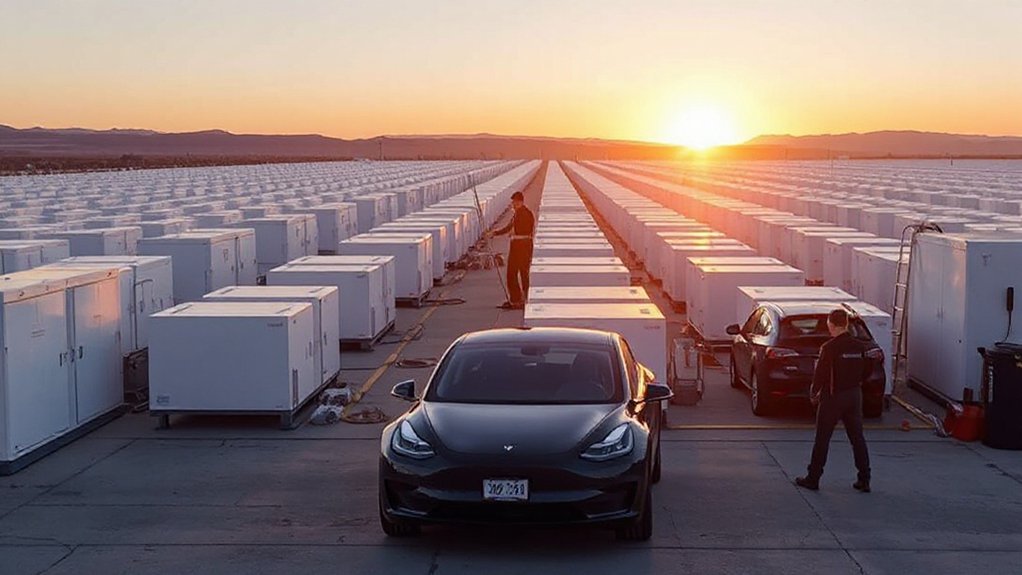After competing against global vendors for two years, Rolls-Royce has emerged as the UK government’s preferred choice to build small modular reactors (SMRs) across Britain. The selection marks a significant step in the UK’s £2.5 billion program to boost energy independence and meet clean energy goals under the Plan for Change.
Rolls-Royce won the bid partly because it’s 18 months ahead of competitors in European regulatory assessment. The UK has committed to building at least three SMRs, pending final approvals and contracts. Each reactor will generate 470 megawatts of electricity, enough to power one million homes for 60 years.
The project promises major economic benefits. Officials say the SMR program could create up to 3,000 jobs during peak construction, with thousands more in operations and supply chains. If fully deployed, the program might add up to £54 billion to the UK economy over 80 years.
Each Rolls-Royce SMR is a pressurized water reactor that builds on the company’s 50 years of nuclear engineering experience. The company established a manufacturing facility in Sheffield as part of its commitment to domestic production capabilities. These reactors are marketed as safer, more affordable, and faster to build than traditional large nuclear plants. The power from one SMR equals the output of about 150 wind turbines.
The UK government sees SMRs as essential for meeting its pledge to triple nuclear capacity by 2050. Energy Secretary Ed Miliband has described this initiative as the beginning of a golden age of nuclear for the United Kingdom. The initiative aligns with the Biden administration’s goal to triple nuclear capacity by 2050 in the United States. Unlike wind or solar power, nuclear energy provides stable electricity regardless of weather conditions, supporting energy security goals.
Not everyone supports the nuclear push. Critics point to risks of accidents, the challenge of radioactive waste management, and high decommissioning costs. Security concerns about nuclear technology also remain.
Despite these worries, Rolls-Royce is positioning its SMR technology as a potential export product. The company has already secured interest from the Czech Republic and hopes to establish Britain as a leader in small nuclear technology as countries worldwide seek to reduce carbon emissions while maintaining reliable power supplies.
References
- https://www.gov.uk/government/news/rolls-royce-smr-selected-to-build-small-modular-nuclear-reactors
- https://www.rolls-royce-smr.com
- https://www.ans.org/news/2025-06-10/article-7102/uks-own-rollsroyce-wins-smr-competition/
- https://www.rolls-royce-smr.com/press/rolls-royce-smr-will-build-britains-next-generation-of-nuclear-power-plants
- https://www.world-nuclear-news.org/articles/rolls-royce-smr-agreements-with-skoda-and-curtiss-wright
